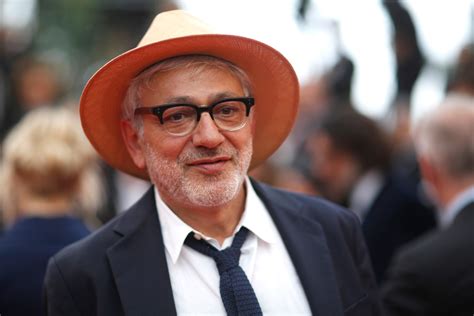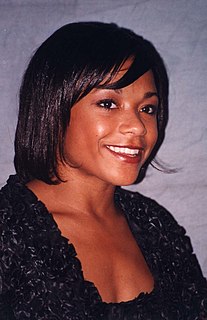A Quote by Sarah Paulson
I'm interested in telling the character's story, not my beliefs, political or otherwise.
Related Quotes
It was humbling to play Mark Ashton. He was a political activist and a humanist, and there is incredible conviction in his vision. But when you're telling a political story, humour is crucial; otherwise, it can be in danger of becoming a bit preachy, and the audience can feel like they've got an agenda coming full steam at them.
In fiction the narrator is a performance of voice, and it can be any style of voice, but I'm interested in the ways that a voice that knows it's telling a story is actually telling a different story than it intends to. In the way that I can sit here and tell you what I had for breakfast, but I'm really telling you that I'm having an affair, something like that. And I don't think my writing is plain, but I think a lot of my characters are just talking. There is vulnerability there, in that we can start to see through them, we can start to see where they're deceiving themselves.
The Time that Remains is a way of interpreting a certain ambience or emotion. These are the stories that my father told me over the course of fifteen or twenty years. I used to listen to him. From the cowardly part of my character, I'm always in fear of not telling the right story. I'm not interested in making epics.
I think that people have to have a story. When you tell a story, most people are not good storytellers because they think it's about them. You have to make your story, whatever story it is you're telling, their story. So you have to get good at telling a story so they can identify themselves in your story.




































